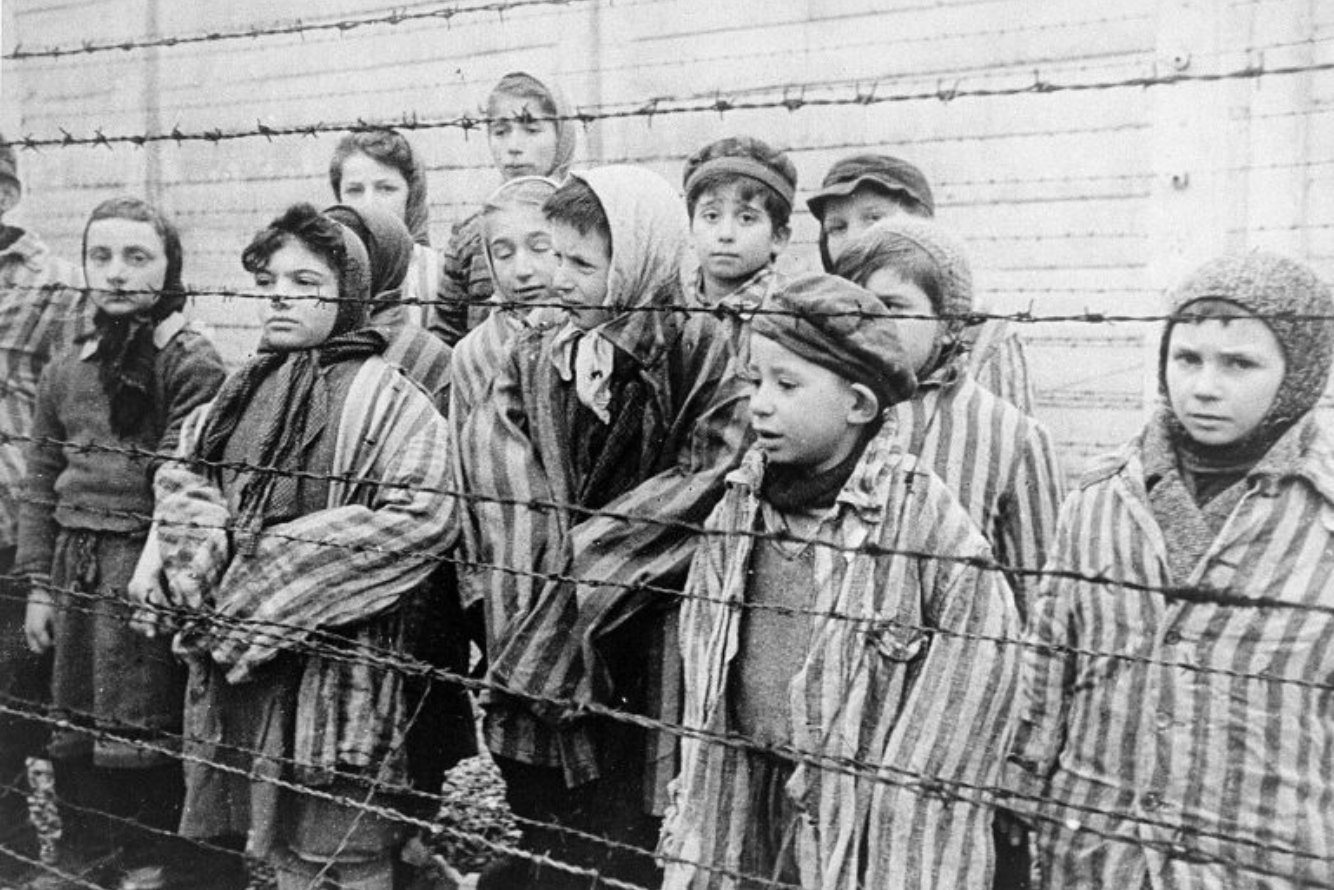The Holocaust was an unimaginable tragedy that shook the very foundations of humanity. Between 1933 and 1945, the Nazi regime and its allies orchestrated the systematic murder of six million Jews, along with millions of others who were deemed “undesirable.” It’s not easy to grasp the sheer scale of such loss, but remembering it matters. It matters because the Holocaust wasn’t inevitable; it was the result of choices fueled by hatred, prejudice, and indifference.
That’s why today, on Holocaust Remembrance Day, we take the time to reflect on this tragic time in history. By sharing stories, educating future generations, and standing against injustice, we can honor the victims and ensure that history’s darkest moments do not repeat themselves.
What Was the Holocaust?
The Holocaust was the systematic, state-sponsored persecution and murder of Jews by Adolf Hitler’s Nazi regime. Rooted in a radical and deeply ingrained hatred of Jews, the Nazis built their ideology on antisemitism, blaming Jewish people for Germany’s problems and creating a society where they were excluded and dehumanized.
It all began in 1933 when Hitler became Chancellor of Germany. Laws were passed that stripped Jews of their rights, barring them from jobs, education, and public spaces. Propaganda fueled fear and hatred, turning neighbors into enemies. The violence escalated with events like Kristallnacht, the “Night of Broken Glass” in 1938, where Jewish homes, synagogues, and businesses were destroyed in a coordinated attack.
What followed was even more chilling. By the 1940s, the Nazi regime controlled much of Europe and enacted its “Final Solution,” a plan to exterminate Jews through mass shootings, forced labor, ghettos, and killing centers like Auschwitz-Birkenau and Treblinka. Entire communities were wiped out, families were torn apart, and millions died under unimaginable conditions.
The Holocaust didn’t happen overnight. It was a gradual process fueled by indifference and hate. By the time it ended in 1945, six million Jewish lives had been lost, along with millions of others.
We Must Never Forget
For many, the Holocaust feels distant, a tragedy from another time, in another place. But for survivors and their descendants, it’s deeply personal. Many survivors settled in Illinois, including Skokie, which became home to one of the largest survivor populations in the United States. Their stories are living reminders of the importance of remembering.
We remember the Holocaust because forgetting allows hatred and prejudice to grow unchecked. History shows us what happens when people remain silent in the face of injustice. As survivors age, institutions like the Illinois Holocaust Museum and Education Center become even more critical.
In Skokie, Illinois, just outside Chicago, the Illinois Holocaust Museum and Education Center stands as a tribute to those who were lost and as a light for future generations. Its mission is simple yet profound: ”Remember the Past; Transform the Future.”
The museum educates visitors about the Holocaust while promoting human rights and standing against genocide. Programs for students and educators ensure that the lessons of the Holocaust reach classrooms across Illinois, fostering empathy and understanding in young minds.
Illinois was the first state to mandate Holocaust education in public schools through HB0312, recognizing that understanding history is key to building a more compassionate future. This law ensures that students learn not just about the facts of the Holocaust, but also the broader implications of hate, prejudice, and indifference.
Through education, we empower young people to recognize and resist hatred in their own lives. We teach them that their voices matter and that they have a role to play in creating a just and equitable world.
Stories That Must Be Told
Every number in the Holocaust’s staggering death toll represents a story, a life filled with dreams, struggles, and loved ones.
There’s the story of Anne Frank, a young girl whose diary gave the world an intimate glimpse into life in hiding. There’s Elie Wiesel, a survivor who used his words to bear witness to the horrors he endured. And there are countless others, mothers, fathers, children, whose names we may never know but whose lives mattered deeply.
A Commitment to “Never Again”
The phrase “Never Again” is often associated with the Holocaust. It’s a call to action, a promise to remember, to learn, and to fight for a world where such atrocities can never take root again.
Let’s honor the six million Jewish lives lost, along with all who suffered, by choosing kindness, empathy, and courage. Let’s commit to building a world where “Never Again” is a reality for all people.
